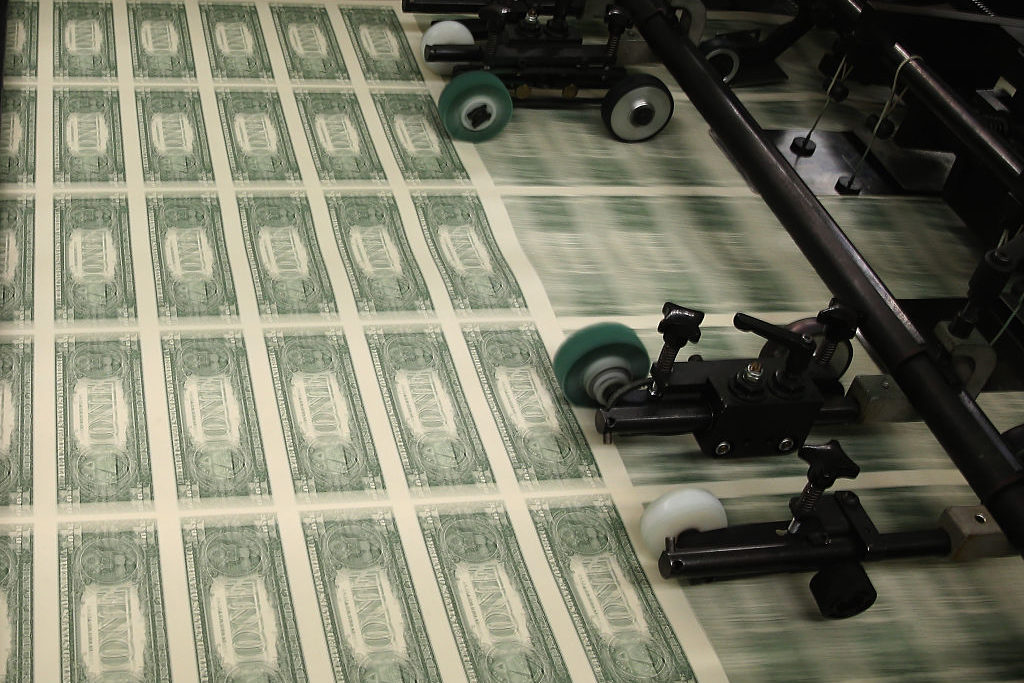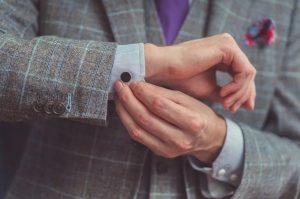, we have been warned many times, has brought scammers out in force. But lobbyists are not far behind. Their activities may not be illegal, but they are pretty disgraceful nonetheless. Hardly had the coronavirus outbreak begun in January than my email inbox began to fill up with press releases claiming that the contagion was being spread by banknotes and coins — coming, er, from businesses with a vested interest in cashless payments. In Britain, the payments industry seized the moment to lobby the government — successfully — for the limit on payments via contactless cards to be raised from £30 to £45. The new limit duly came into effect on April 1.
In March, a comment from a World Health Organization official, advising that people wash their hands after handling cash was mysteriously elevated into claim that ‘dirty banknotes may be spreading the coronavirus’ — as one newspaper put it. The WHO was later moved to disown the comments. Virologists have been largely dismissive of the idea that we are catching coronavirus from cash, emphasizing that a far more likely route of transmission between people is via airborne water droplets. Lothar Wieler of Germany’s Robert Koch Institute has said that ‘virus transmission through banknotes has no particular significance’.
Given the number of surfaces you have to touch when you go shopping or visit a café — the door handles, the cups, plates, the goods you are buying — it is pretty ridiculous to single out cash for spreading germs. But then what does evidence matter when you have a multi-million payments industry to promote? The reason we are forever being bombarded by propaganda advocating a cashless society is that vast sum have been invested in the fintech industry — $19 billion in 2016 alone — in the expectation of a handsome return. According to the Boston Consulting Group by 2023 the industry is expecting to double the $1 trillion it takes in fees from handling electronic payments. Besides those fees there is a vast industry in collating data on our spending habits — very difficult to collect when we spend cash but very easy when we use cards and cell phones.
***
Get three months’ free access to The Spectator USA website —
then just $3.99/month. Subscribe here
***


















